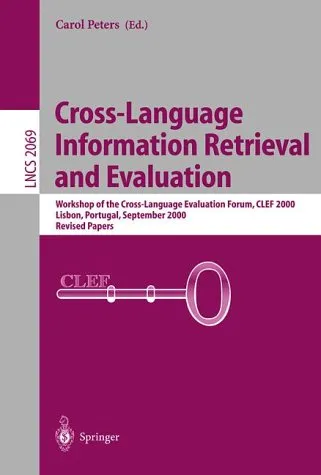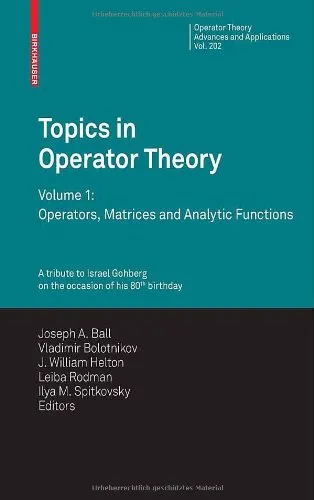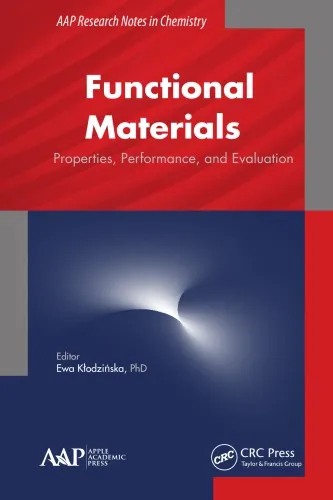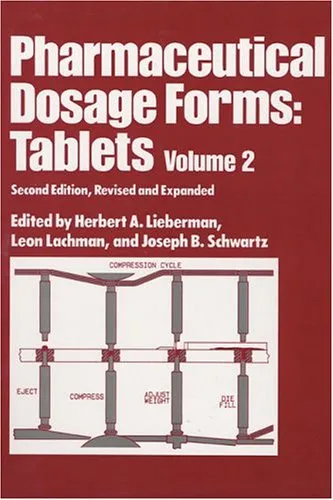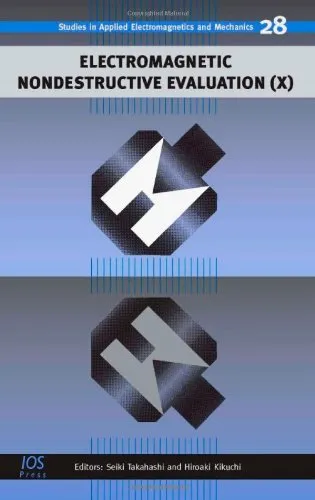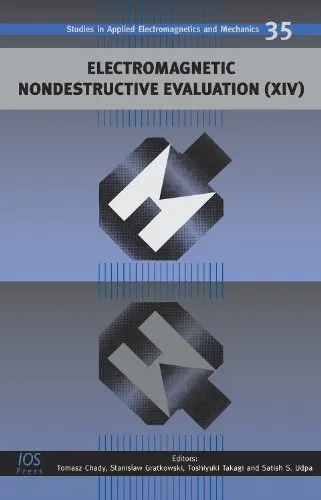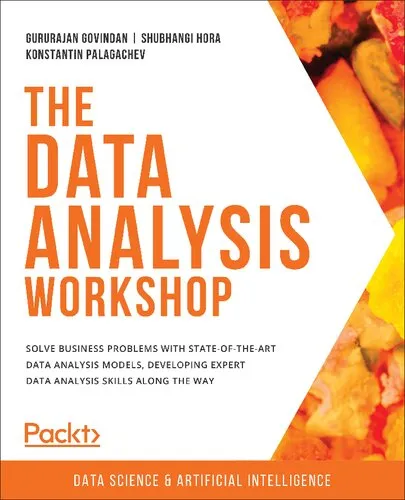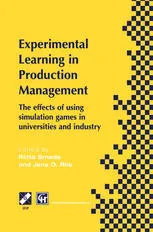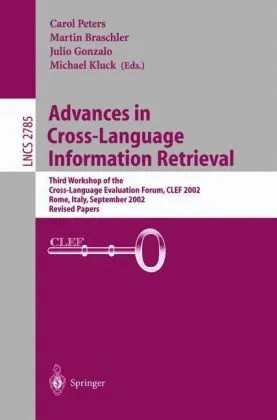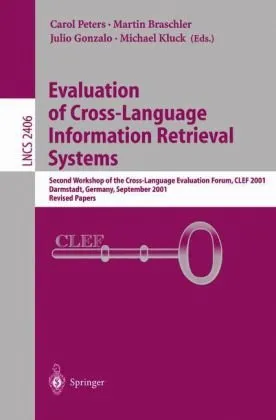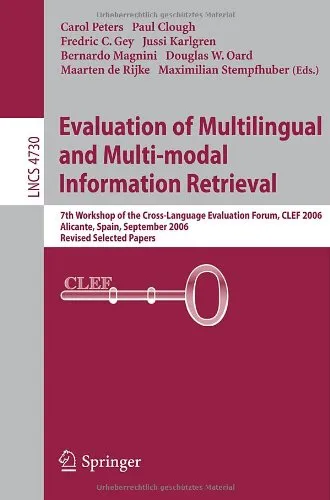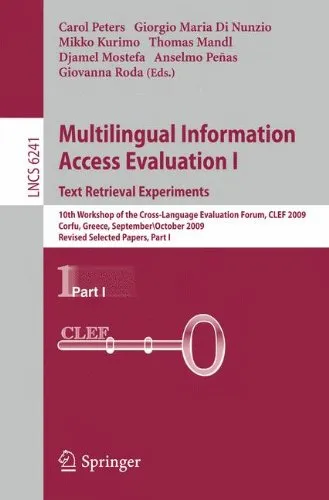Cross-Language Information Retrieval and Evaluation: Workshop of the Cross-Language Evaluation Forum, CLEF 2000 Lisbon, Portugal, September 21–22, 2000 Revised Papers
4.0
Reviews from our users

You Can Ask your questions from this book's AI after Login
Each download or ask from book AI costs 2 points. To earn more free points, please visit the Points Guide Page and complete some valuable actions.Related Refrences:
Introduction to the Book
Welcome to Cross-Language Information Retrieval and Evaluation: Workshop of the Cross-Language Evaluation Forum, CLEF 2000, an insightful exploration of the advancements and research conducted in the dynamic field of cross-language information retrieval (CLIR). This book consolidates the revised and peer-reviewed papers presented during the CLEF 2000 Workshop, held in Lisbon, Portugal. These contributions reflect the collaborative efforts of leading experts in the field, aiming to surmount the linguistic and cultural barriers that often hinder effective information retrieval across different languages.
The book addresses the complexities inherent in multilingual information retrieval, focusing on strategies, systems, and evaluations that optimize access to diverse and multilingual resources. This compilation serves as both a technical roadmap and an inspiration for researchers, practitioners, and students tackling the challenges of cross-language information access in a globalized digital era.
Detailed Summary of the Book
At its core, this book provides a comprehensive overview of the methodologies, systems, and evaluation frameworks developed to harness the potential of CLIR technologies. The contributions are grouped under key thematic areas:
- The design and performance of cross-language information retrieval systems.
- Evaluation of multilingual retrieval systems through systematic experiments.
- Techniques for analyzing and improving user interaction with multilingual queries and interfaces.
The CLEF 2000 Workshop was pivotal in driving forward research and establishing benchmarks in this specialized field. This book captures the lively discussions, results, and breakthroughs shared during the workshop, providing readers with a panoramic view of the state-of-the-art in CLIR at the time. Each chapter has been meticulously revised to include follow-up results, making it not only a historical document but also a relevant resource for those still expanding upon these foundational ideas.
Key Takeaways
1. Cross-Language Information Retrieval is essential for global information access. The book underscores the importance of bridging the language gap in order to create a truly interconnected world where users can search and retrieve information in languages other than their own.
2. System design and evaluation matter. Building robust, scalable, and efficient retrieval systems is only one side of the coin; equally critical is their evaluation through standardized testing frameworks such as CLEF.
3. Multidisciplinary collaboration is key. The workshop and this book reflect the necessity of combining linguistics, computer science, human-computer interaction, and evaluation methodologies to propel the field of CLIR forward.
4. User context and interaction. Understanding how users formulate their queries and interact with retrieval systems plays a crucial role in improving the performance and usability of CLIR tools.
Famous Quotes from the Book
"The challenge of cross-language information retrieval is not merely technical but deeply rooted in the diverse ways human languages convey meaning and context."
"As information becomes ever more global, so must our ability to access, retrieve, and understand it—no matter what language it is presented in."
"A well-evaluated system is the cornerstone of innovation in information retrieval."
Why This Book Matters
The importance of Cross-Language Information Retrieval and Evaluation lies in its timely response to the burgeoning demand for better multilingual access to information. The book stands as a testament to the pioneering efforts of researchers and technologists who saw the pressing need to create tools and frameworks capable of breaking through the "language barrier" in information retrieval.
Today, in a world where digital content is produced in thousands of languages, the principles and strategies outlined in this work remain as relevant as ever. It continues to inspire advancements in machine translation, natural language processing, and search technologies. Furthermore, it provides a solid foundation for researchers, educators, and policymakers interested in fostering inclusive and equitable access to information across linguistic divides.
Ultimately, this book is not just for those within the CLIR field but also for anyone passionate about leveraging technology to create a more connected and informed world. Its legacy lies in its role as a key stepping stone in the evolution of multilingual information retrieval systems.
Free Direct Download
You Can Download this book after Login
Accessing books through legal platforms and public libraries not only supports the rights of authors and publishers but also contributes to the sustainability of reading culture. Before downloading, please take a moment to consider these options.
Find this book on other platforms:
WorldCat helps you find books in libraries worldwide.
See ratings, reviews, and discussions on Goodreads.
Find and buy rare or used books on AbeBooks.
1269
بازدید4.0
امتیاز0
نظر98%
رضایتReviews:
4.0
Based on 0 users review
Questions & Answers
Ask questions about this book or help others by answering
No questions yet. Be the first to ask!
